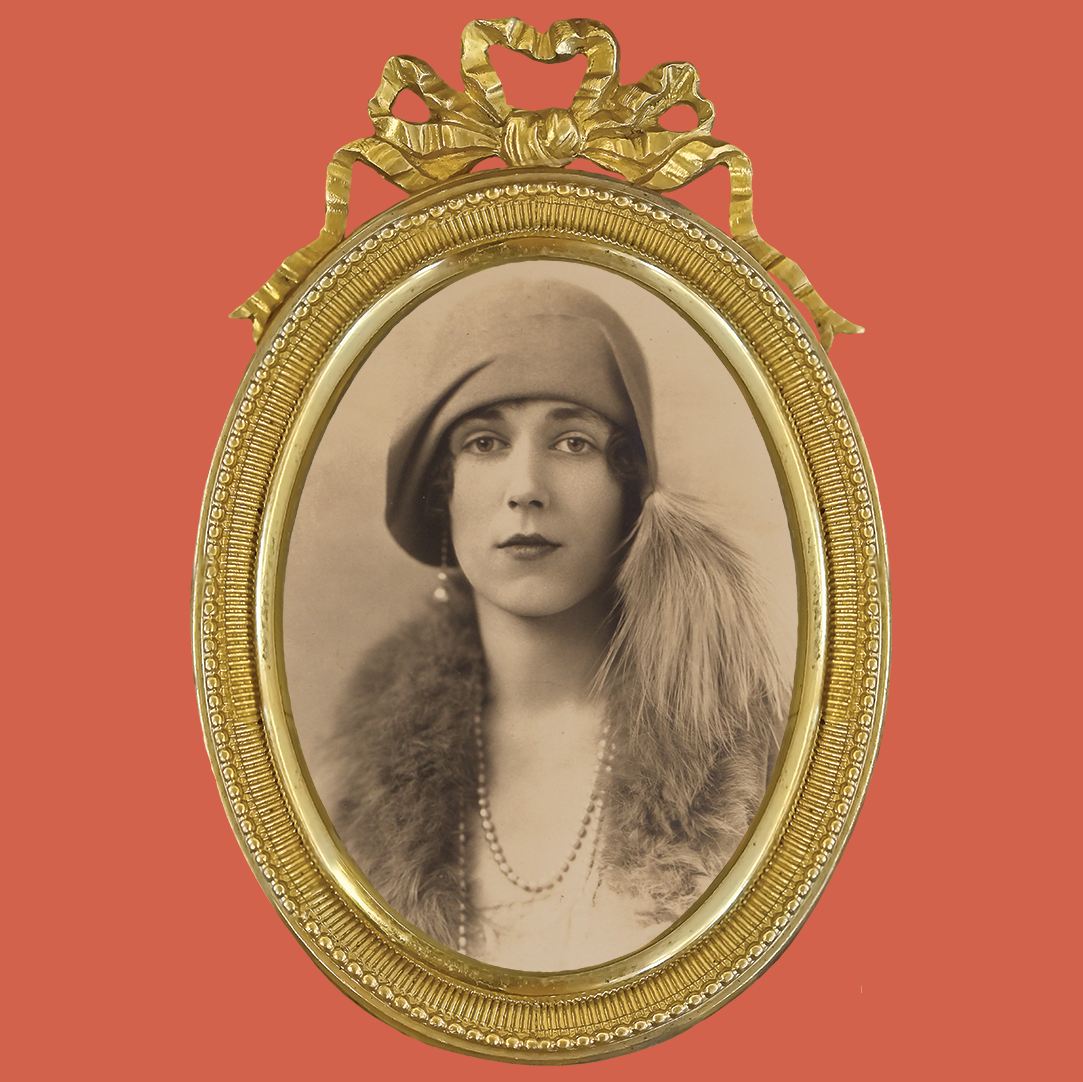While Christmas does not play a prominent part in Georgette Heyer’s historical novels, there is a marvellous scene in Heyer’s 1961 Regency novel, A Civil Contract, which reflects something of her own idea of the meaning of Christmas. Like Mr Chawleigh, the wealthy, flamboyant and assertive father of that novel’s heroine, to her family and friends, Georgette was a generous giver of gifts. In A Civil Contract Mr Chawleigh visits his daughter and new son-in-law at Fontley Priory, their country house in Lincolnshire. He is not partial to the country, preferring the hustle and bustle of the city, and he expects to be bored, but it is the Christmas Season, and he soon learns that his only daughter is busy with the annual workers’ feast and so, before long, he too is involved:
When Mr Chawleigh arrived, laden with gifts ranging from a tie-pin blazing with diamonds set round a large emerald, which he bestowed upon his stunned son-in-law, to a pound of tea, he found Jenny immersed in preparations for the Christmas dinner it was the custom of the house to give to the farm workers and their families; and he was obliged to own (though grudgingly) that she seemed to be in tolerably good health. He was interested in this particular form of benevolence. He himself (in his own words) always did the handsome thing by his numerous dependants at Christmas; but the country habit of inviting all and sundry to a large party was unknown to him, his gifts taking a monetary form. He had never set eyes on the wives and children of the men he employed; but when he had accompanied Jenny on a visit to a sick woman in the village, he had good-naturedly entertained and astonished the invalid’s numerous progeny with conundrums and conjuring tricks, and conceived the notion of adding his mite to the festivities by providing all the children with presents suitable for their various ages and sexes. Armed with the necessary information, he went off to Peterborough, where he ransacked the toyshops to such purpose that Adam told him that his memory would remain green in the district for many years to come.
While Georgette would not have dreamed of entertaining anyone with conjuring tricks (although her ability to produce an almost annual novel in record time did seem magical!), she and her husband Ronald loved to give gifts. She was especially good at hampers and the ones from the famous grocers, Fortnum & Mason, which she would send to family members and dear friends, were so magnificent that, decades later, they still remain green in the memory of her godson, Stephen Tornow. And though she was not a great one for crafts, she once went to the trouble of embroidering a pair of cushions for her close friend, Pat Wallace. But it was the presence of children that made Christmas special for Georgette. After her only son Richard’s marriage, she and Ronald took great delight in arriving at their country house for Christmas laden with gifts for the children. Her only grandson, Nicholas, loved his grandparents’ visits and recalled how they would arrive laden with gifts like a ‘pair of Santa Clauses’ before settling down to enjoy the food and festivities.
One year, Richard bought his young stepson, Noel, a baby chinchilla as a Christmas gift and Georgette told a very funny story about how it escaped on Christmas Eve and how she was one of the rescue party, guarding the door so that neither Sidney, the cat, nor Noel, for whom the animal was intended as a surprise, should come in and find them all engaged in an unlikely game of ‘hunt the chinchilla’! A festive time, a happy time and a season of gift-giving, good food, good company, and good will – such was Georgette Heyer’s Christmas.

